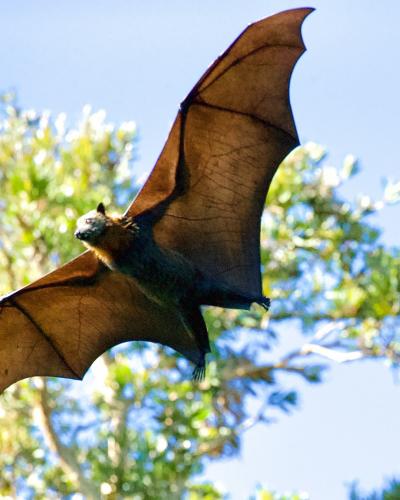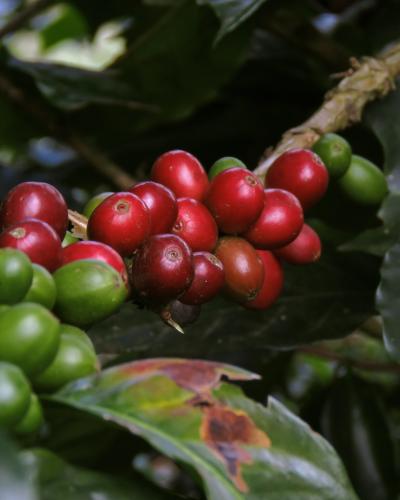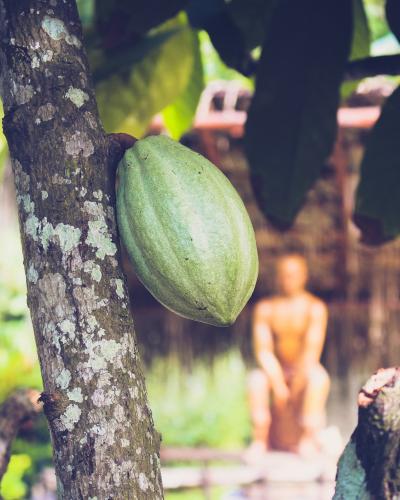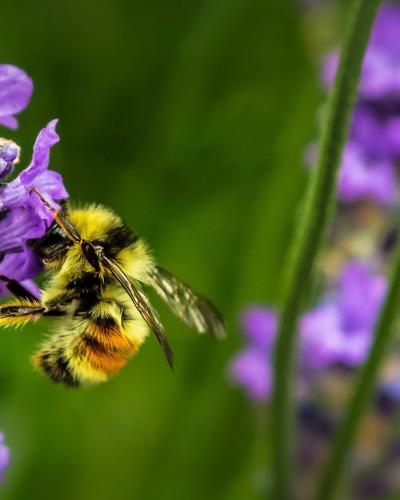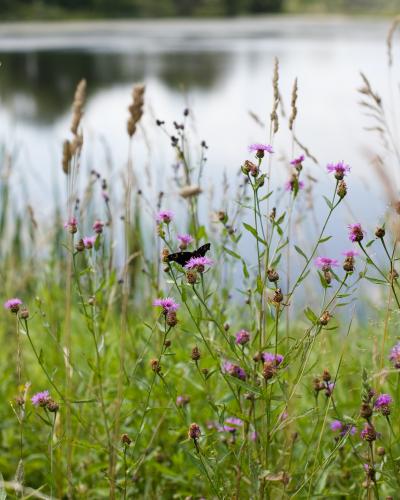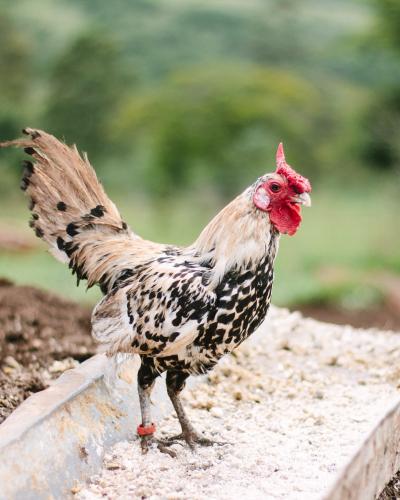A study published in the International Journal of Behavioral Nutrition and Physical Activity has provided compelling evidence that higher organic food consumption may contribute to a lower risk of...
Jul 26, 2023
Foraging bats–bats who live in green spaces– prefer organic farms over conventional farms, according to a recent Italian study. Farm management was the greatest indicator of bat activity, and...
Jan 24, 2022
Despite the use of chemical pesticides to combat the economically important coffee berry borer pest, a new study in IOP Conference Series: Earth and Environmental Science finds that non-chemical...
Jan 03, 2022
A study in the Journal of Agricultural and Food Engineering determined that using organic fertilizer produced from local sources of agricultural waste and manure results in comparable yields of...
Dec 27, 2021
A study in Journal of Cleaner Production found that not all types of soybean farming are considered equal, and organic farming offers greater sustainability when it comes to impacts on the...
Dec 13, 2021
A recent study published in the journal Insect Conservation and Diversity found that non-crop flowering fields are helpful in attracting bumblebees to cropland, but organically managed crops rich...
Nov 15, 2021
Industrialized chemical agriculture has caused a decline of many important insects across the globe, while organic farming can promote biodiversity by using fewer harmful sprays and by providing...
Oct 25, 2021
A new review published in the journal Agronomy compiles scientific evidence showing that using recycled animal waste to manage fertility for food production is important for boosting in yields in...
Sep 20, 2021
A new study in the journal Nutrients has found that packaged and processed foods with the USDA Organic label contain fewer ingredients that are linked to negative health outcomes than non-organic...
Aug 23, 2021
A study published in Soil Science Society of America Journal shows that organic farming emits fewer greenhouse gases and has lower global warming potential than conventional farming. The study...


